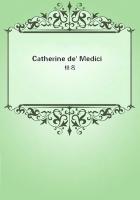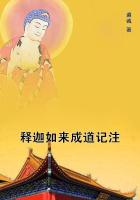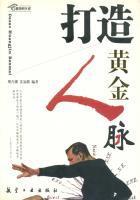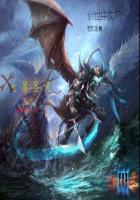When we pass from Southern to Central Europe we still meet with the great god of the oak and the thunder among the barbarous Aryans who dwelt in the vast primaeval forests. Thus among the Celts of Gaul the Druids esteemed nothing more sacred than the mistletoe and the oak on which it grew; they chose groves of oaks for the scene of their solemn service, and they performed none of their rites without oak leaves. The Celts, says a Greek writer, worship Zeus, and the Celtic image of Zeus is a tall oak. The Celtic conquerors, who settled in Asia in the third century before our era, appear to have carried the worship of the oak with them to their new home; for in the heart of Asia Minor the Galatian senate met in a place which bore the pure Celtic name of Drynemetum, the sacred oak grove or the temple of the oak.
Indeed the very name of Druids is believed by good authorities to mean no more than oak men.
In the religion of the ancient Germans the veneration for sacred groves seems to have held the foremost place, and according to Grimm the chief of their holy trees was the oak. It appears to have been especially dedicated to the god of thunder, Donar or Thunar, the equivalent of the Norse Thor; for a sacred oak near Geismar, in Hesse, which Boniface cut down in the eighth century, went among the heathen by the name of Jupiter's oak (robur Jovis), which in old German would be Donares eih, the oak of Donar. That the Teutonic thunder god Donar, Thunar, Thor was identified with the Italian thunder god Jupiter appears from our word Thursday, Thunar's day, which is merely a rendering of the Latin dies Jovis. Thus among the ancient Teutons, as among the Greeks and Italians, the god of the oak was also the god of the thunder. Moreover, he was regarded as the great fertilising power, who sent rain and caused the earth to bear fruit; for Adam of Bremen tells us that Thor presides in the air; he it is who rules thunder and lightning, wind and rains, fine weather and crops. In these respects, therefore, the Teutonic thunder god again resembled his southern counterparts Zeus and Jupiter.
Amongst the Slavs also the oak appears to have been the sacred tree of the thunder god Perun, the counterpart of Zeus and Jupiter. It is said that at Novgorod there used to stand an image of Perun in the likeness of a man with a thunder-stone in his hand. A fire of oak wood burned day and night in his honour; and if ever it went out the attendants paid for their negligence with their lives. Perun seems, like Zeus and Jupiter, to have been the chief god of his people; for Procopius tells us that the Slavs believe that one god, the maker of lightning, is alone lord of all things, and they sacrifice to him oxen and every victim.
The chief deity of the Lithuanians was Perkunas or Perkuns, the god of thunder and lightning, whose resemblance to Zeus and Jupiter has often been pointed out. Oaks were sacred to him, and when they were cut down by the Christian missionaries, the people loudly complained that their sylvan deities were destroyed. Perpetual fires, kindled with the wood of certain oak-trees, were kept up in honour of Perkunas; if such a fire went out, it was lighted again by friction of the sacred wood. Men sacrificed to oak-trees for good crops, while women did the same to lime-trees; from which we may infer that they regarded oaks as male and lime-trees as female. And in time of drought, when they wanted rain, they used to sacrifice a black heifer, a black he-goat, and a black cock to the thunder god in the depths of the woods. On such occasions the people assembled in great numbers from the country round about, ate and drank, and called upon Perkunas. They carried a bowl of beer thrice round the fire, then poured the liquor on the flames, while they prayed to the god to send showers. Thus the chief Lithuanian deity presents a close resemblance to Zeus and Jupiter, since he was the god of the oak, the thunder, and the rain.
From the foregoing survey it appears that a god of the oak, the thunder, and the rain was worshipped of old by all the main branches of the Aryan stock in Europe, and was indeed the chief deity of their pantheon.















